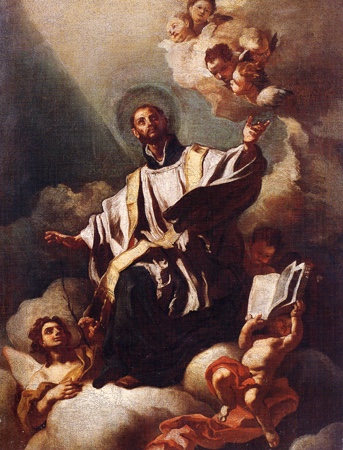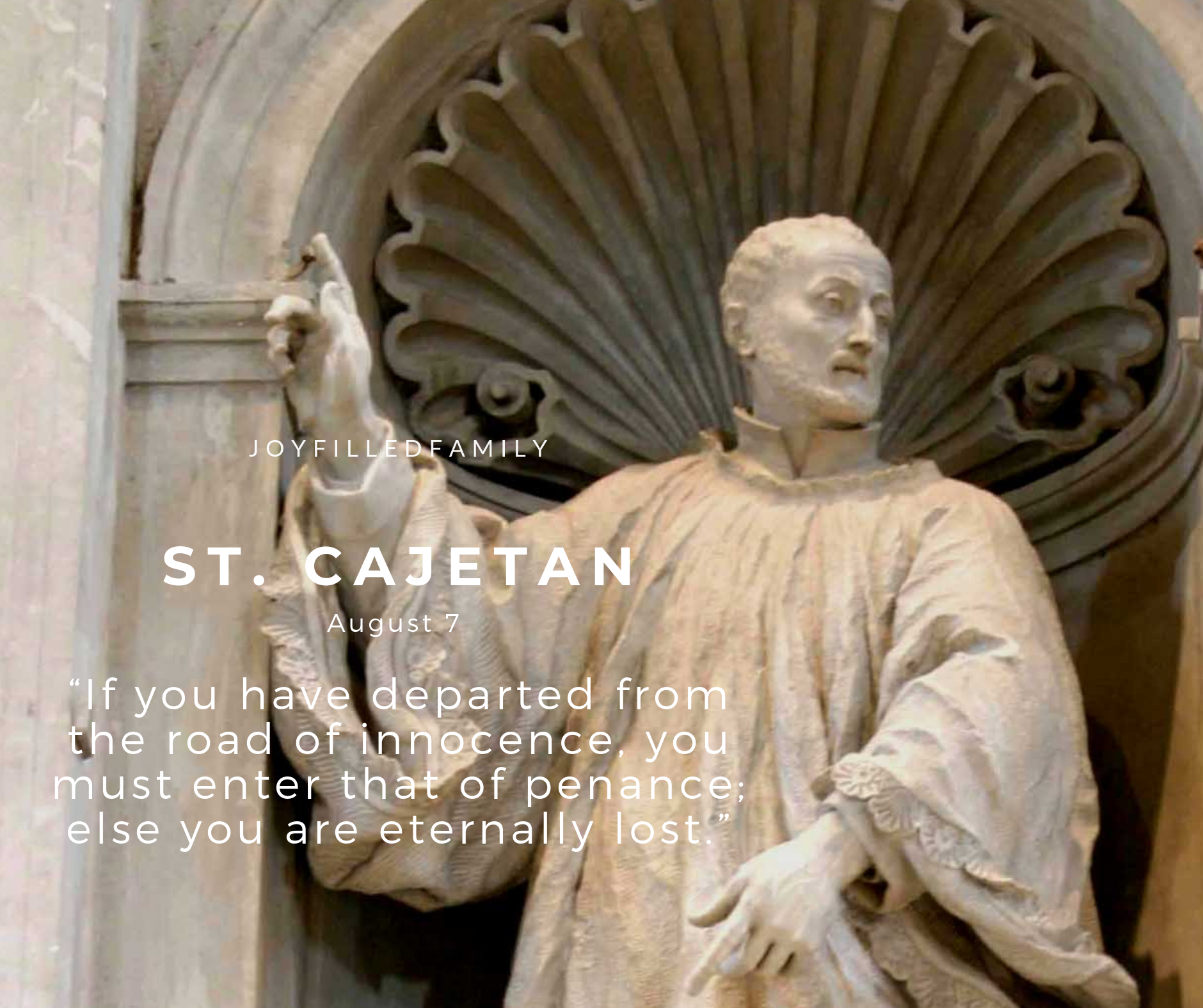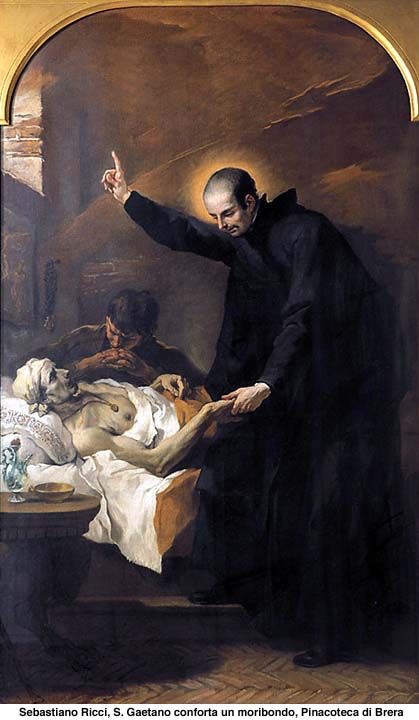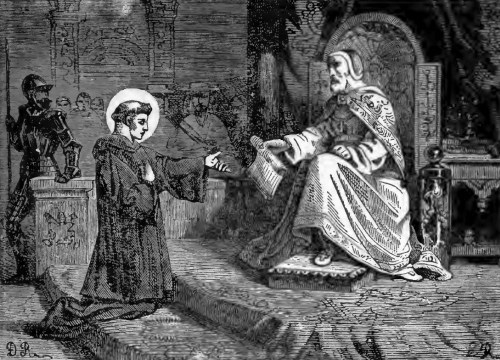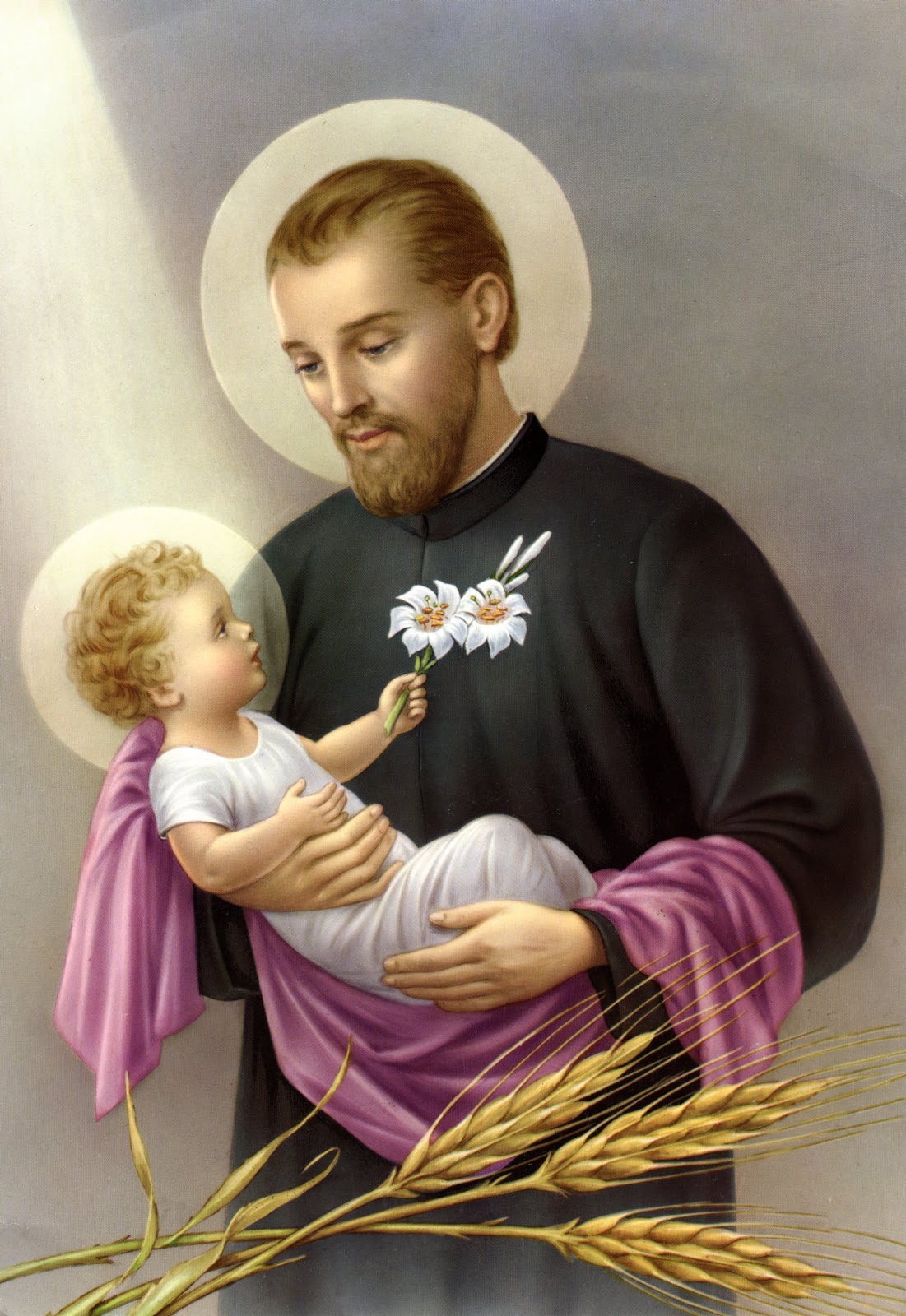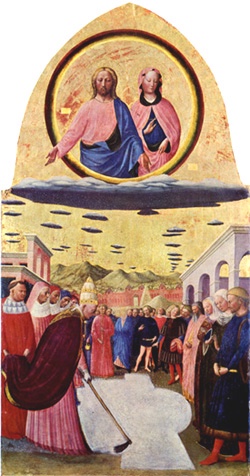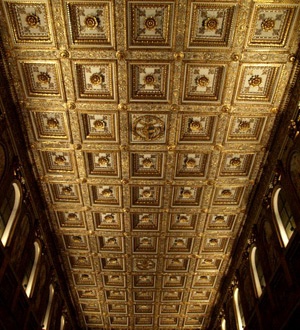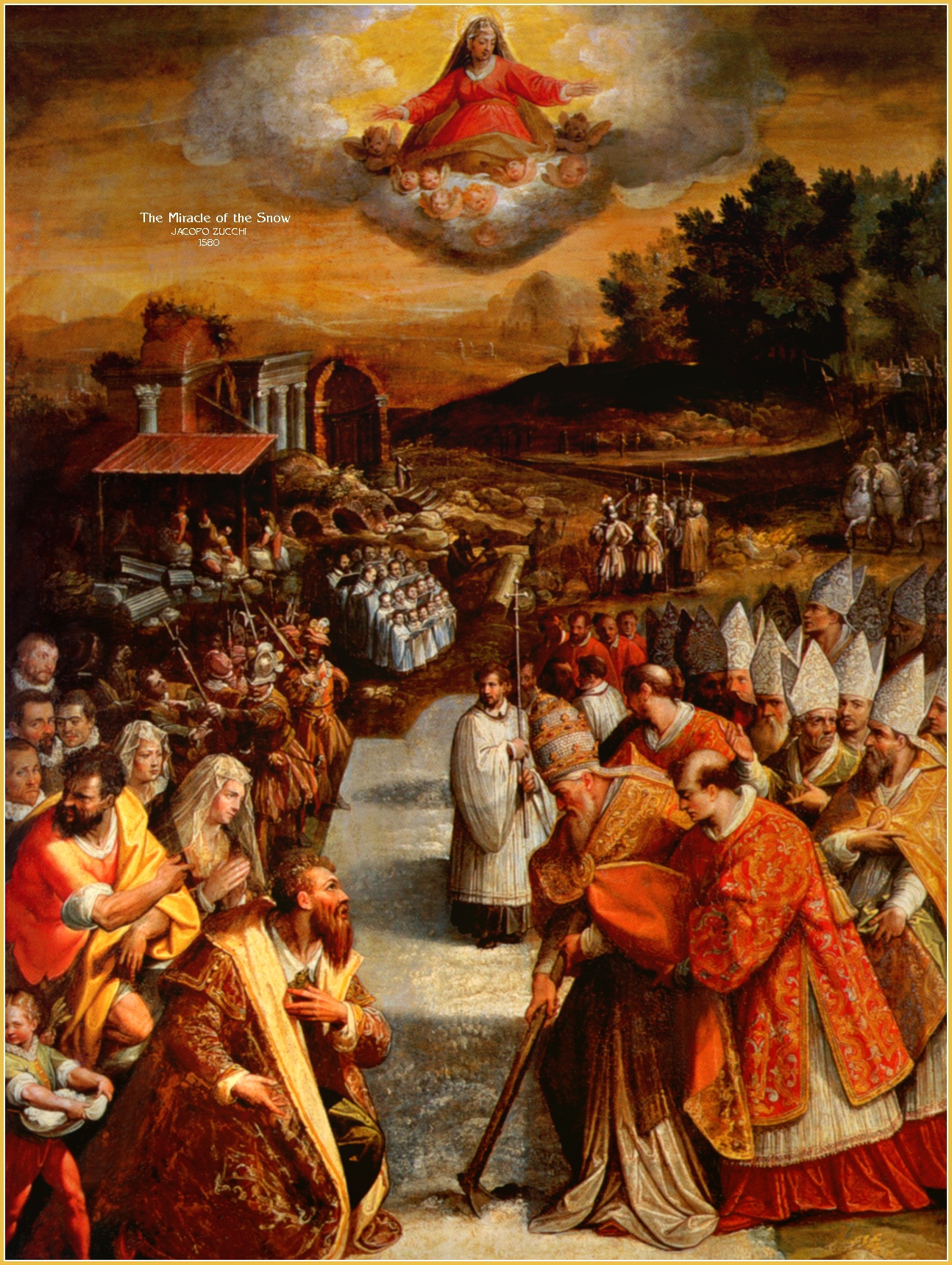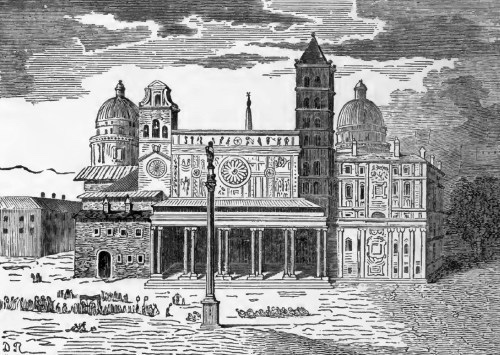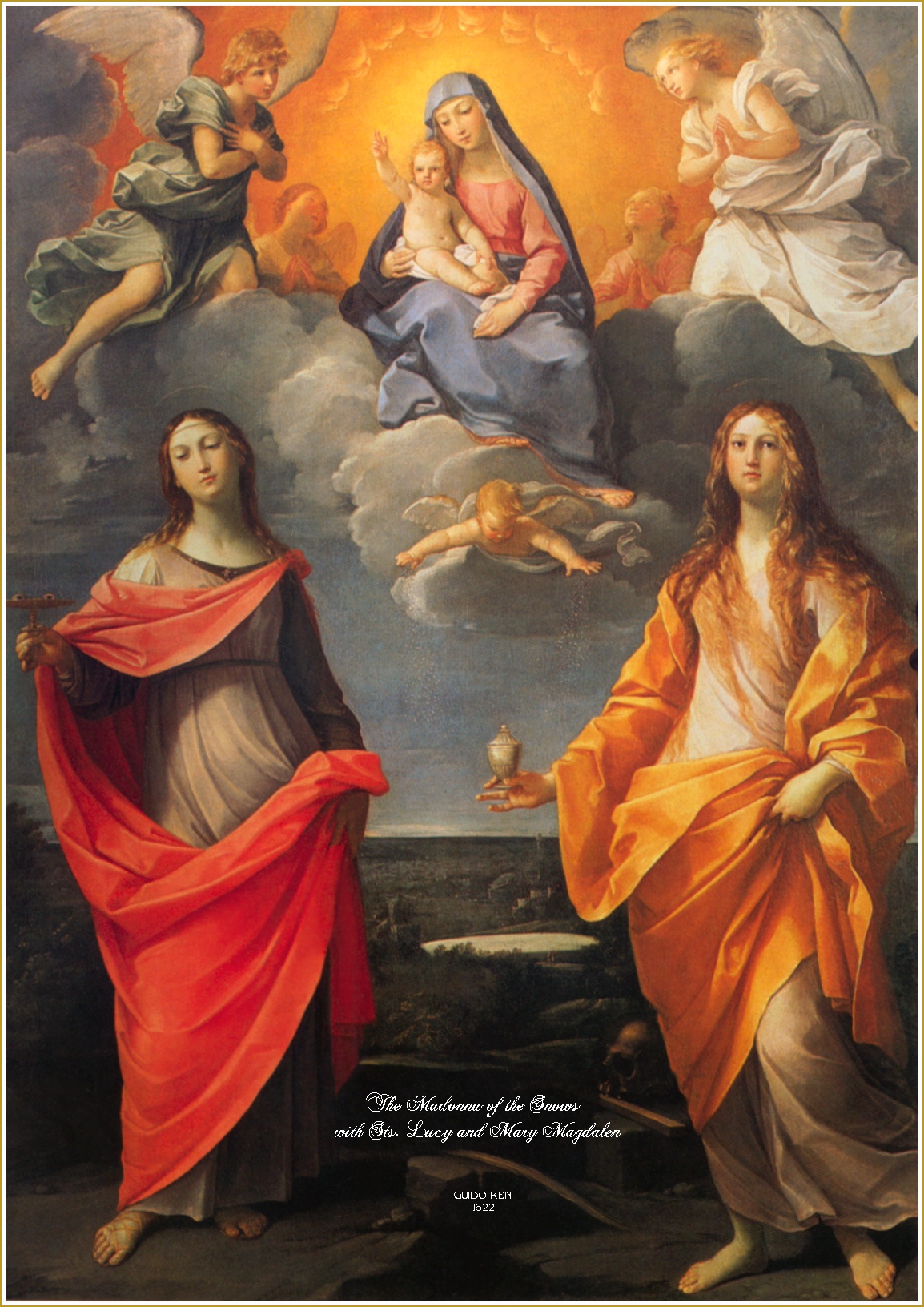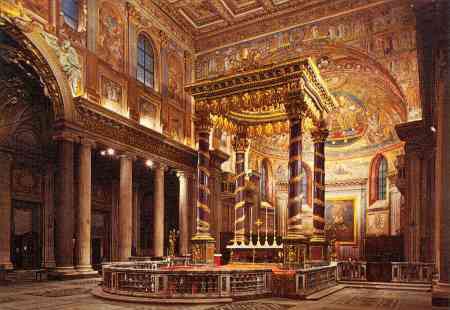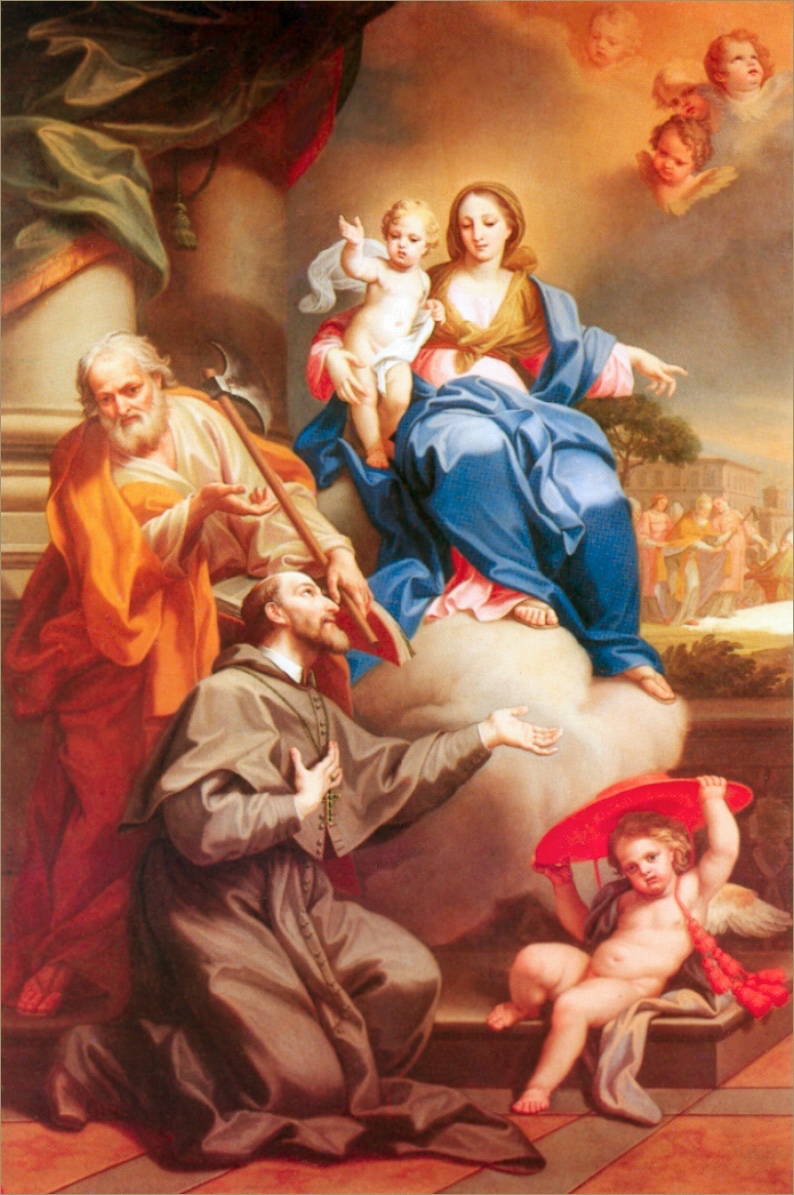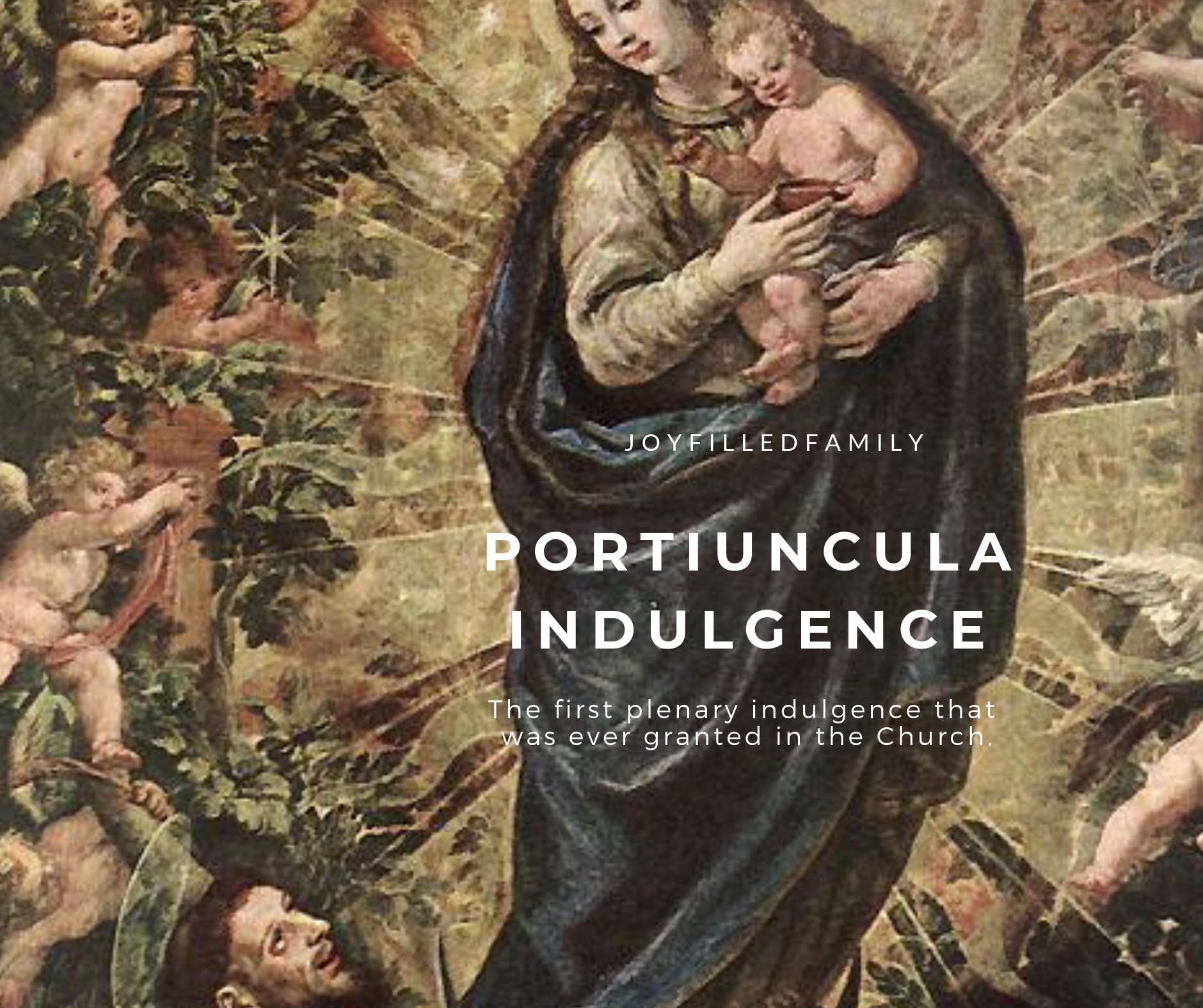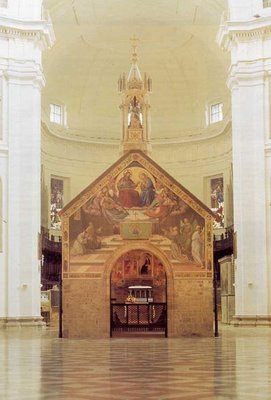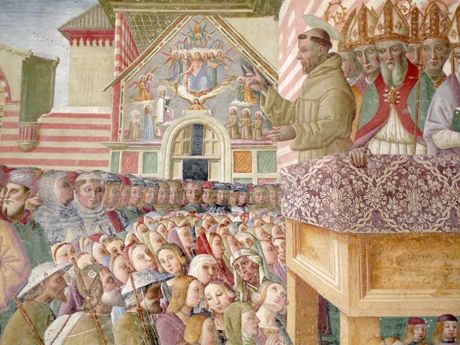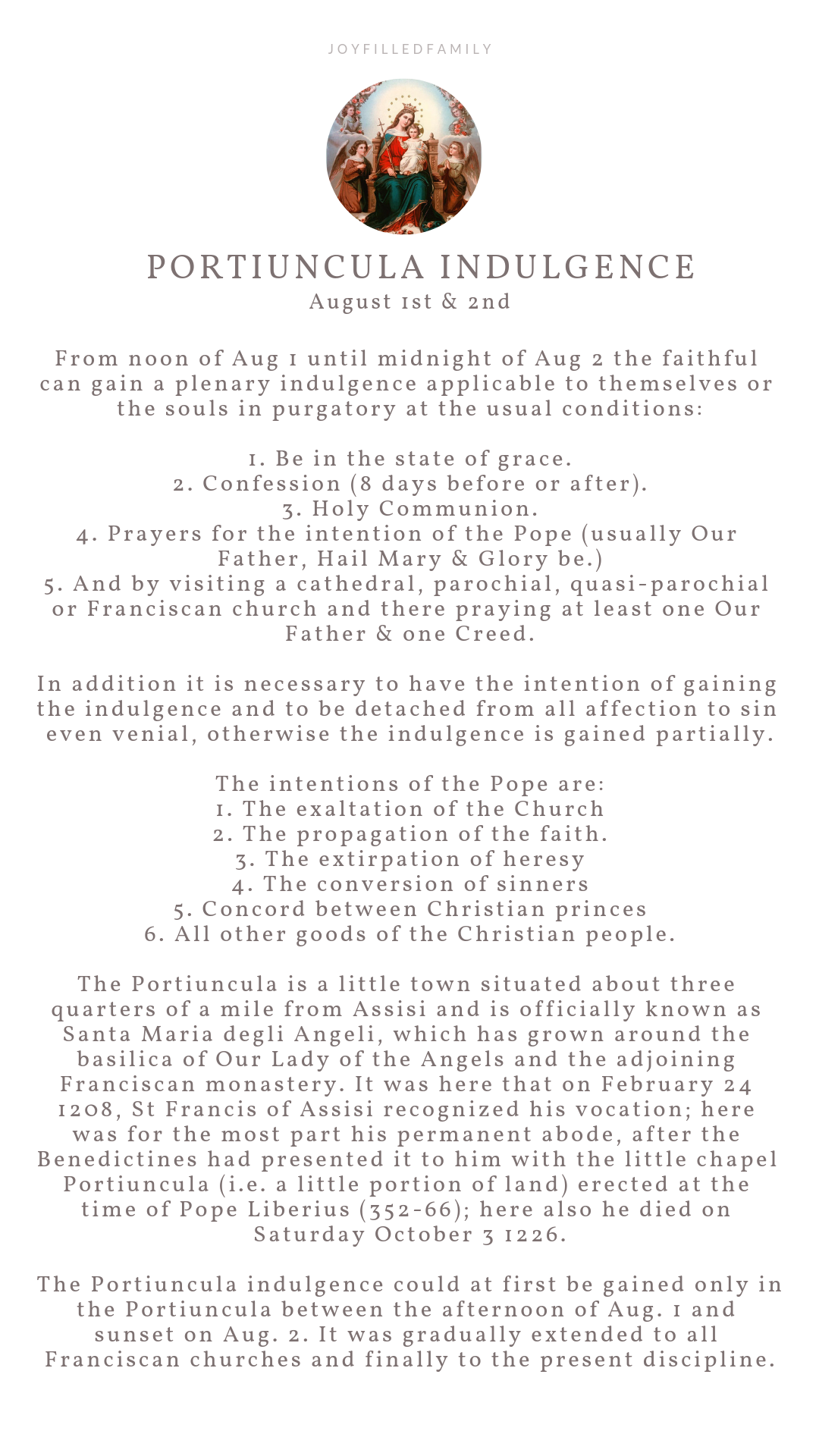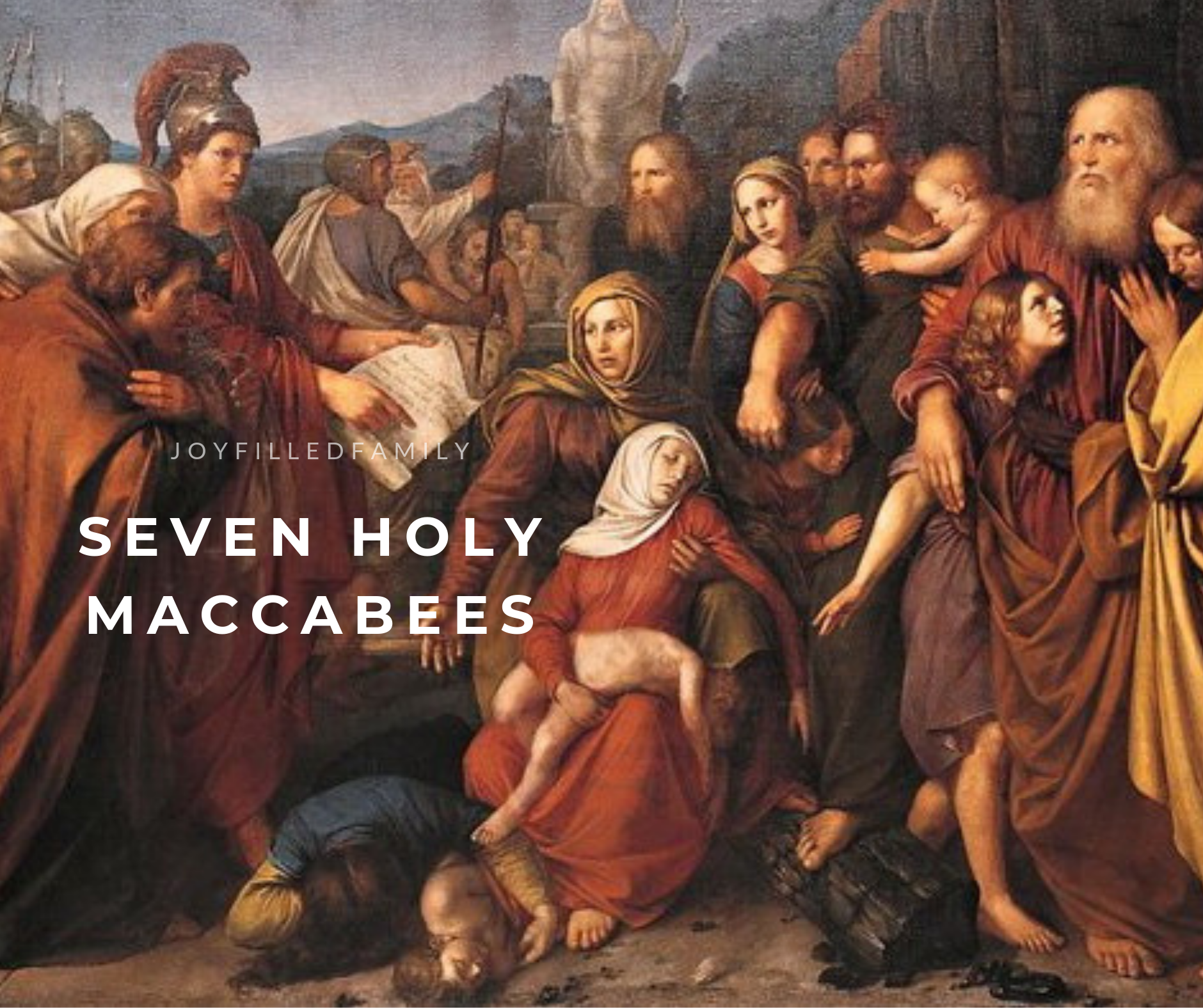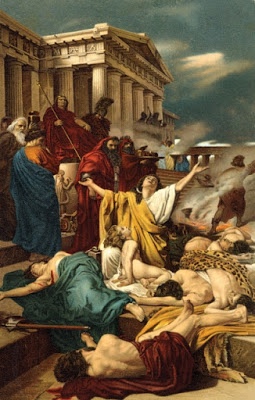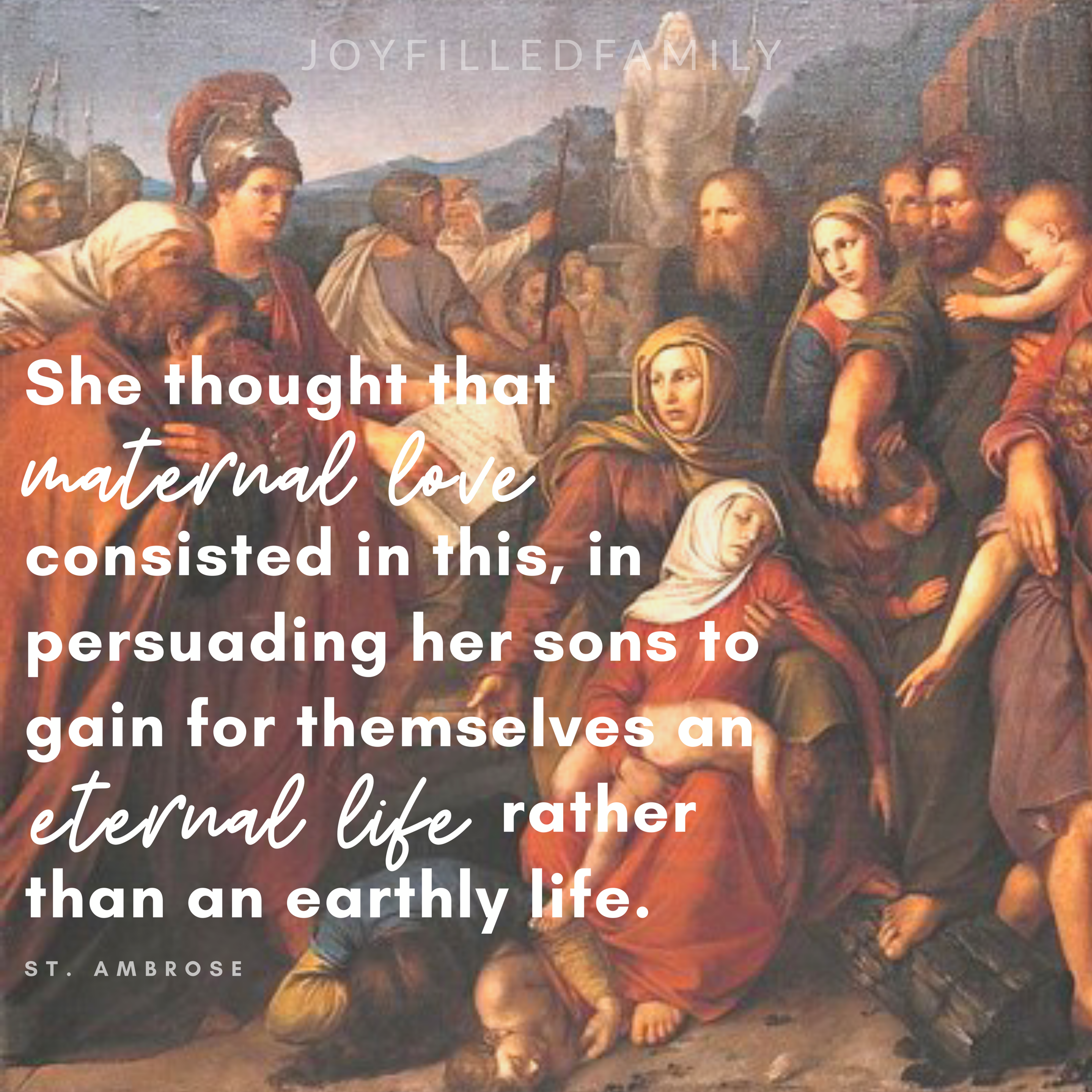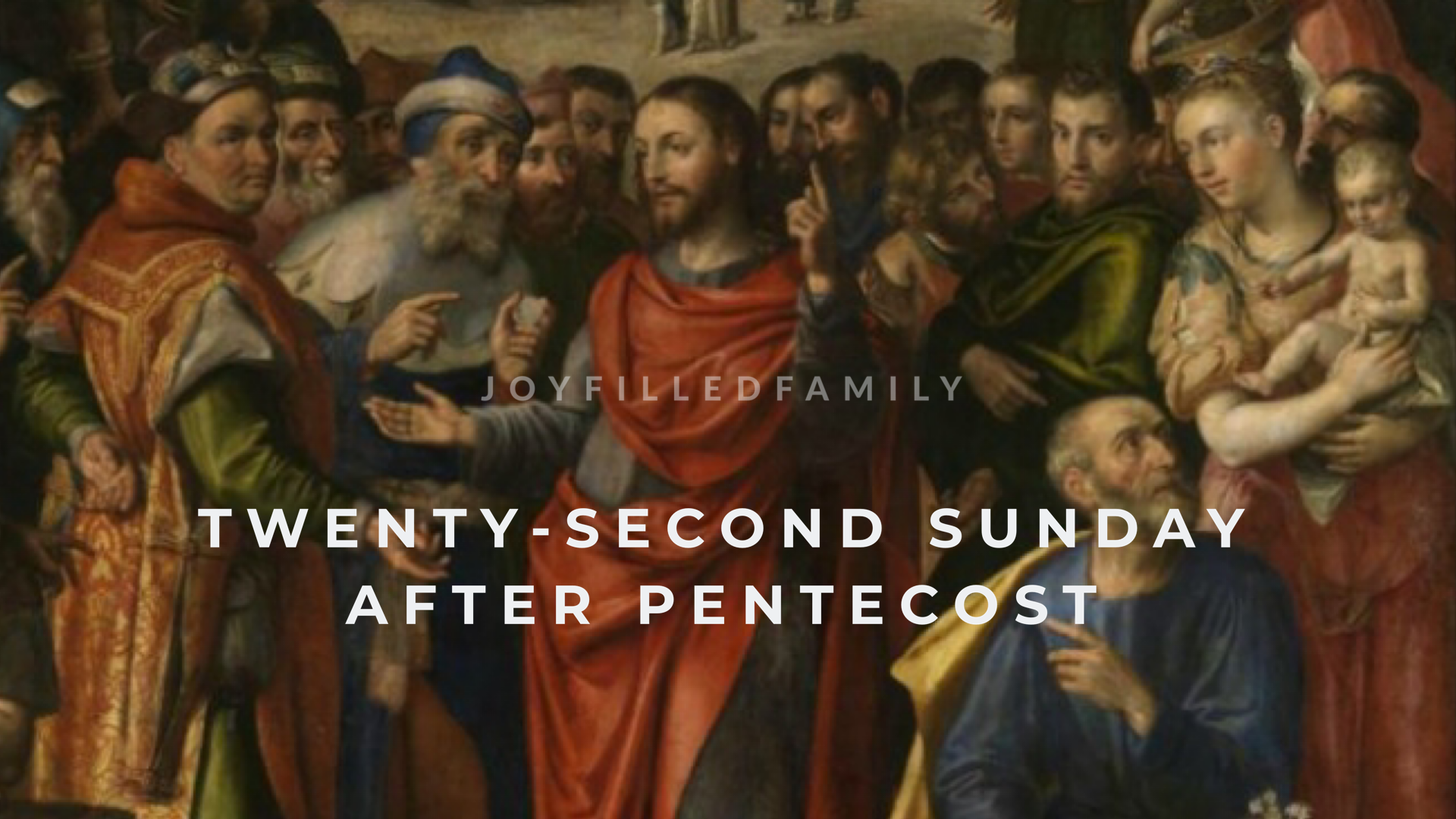
Rev. Fr. Leonard Goffine’s Instruction, Imprimatur 1918
At the Introit of the Mass pray with the priest for the forgiveness of your sins: If thou shalt observe iniquities O Lord: Lord, who shall endure? for with thee is propitiation, O God of Israel. From the depths I have cried to thee, O Lord: Lord, hear my voice. (Ps. CXXIX.) Glory etc.
COLLECT O God, our refuge and strength, who art the author of all goodness, hear, we beseech Thee, the devout prayers of Thy Church, and grant that what we faithfully ask we may effectually obtain. Thro’.
EPISTLE (Philipp. I. 6-II.) Brethren, We are confident in the Lord Jesus, that he who hath begun a good work in you will perfect it unto the day of Christ Jesus. As it is meet for me to think this for you all, for that I have you in my heart, and that in my bands, and in the defence and confirmation of the gospel, you are all partakers of my joy. For God is my witness, how I long after you all in the bowels of Jesus Christ. And this I pray, that your charity may more and more abound in knowledge and in all understanding: that you may approve the better things; that you may be sincere and without offence unto the day of Christ, filled with the fruit of justice, through Jesus Christ, unto the glory and praise of God.
EXPLANATION This epistle was written by St. Paul at Rome, where he was imprisoned for the faith, to the inhabitants of Philippi in Macedonia whom he had converted to the true faith. He congratulates them that they so willingly received and conscientiously obeyed the gospel which he had preached to the, and he says, he trusts in God to complete the good work which He has commenced, and to give them perseverance until the day of Christ, that is, until death.
GOSPEL (Matt. XXII. 15-21.) At that time, The Pharisees went and consulted among themselves how to ensnare Jesus in his speech. And they send to him their disciples, with the Herodians, saying: Master, we know that thou art a true speaker, and teachest the way of God in truth, neither carest thou for any man, for thou dost not regard the person of men: tell us, therefore, what dost thou think? Is it lawful to give tribute to Caesar or not? But Jesus knowing their wickedness, said: Why do you tempt me, ye hypocrites? Show me the coin of the tribute. And they offered him a penny. And Jesus saith to them: Whose image and inscription is this? They say to him: Caesar’s. Then he saith to them: Render therefore to Caesar the things that are Caesar’s, and to God the things that are God’s.
Why did the Pharisees try to ensnare Jesus in His speech?
In order to find some reason to accuse Him before the emperor, or to make Him hated by the Jews; for had He denied tribute to Caesar, they would have accused Him before the emperor as guilty of high treason; had He, on the contrary made it obligatory to pay tribute, then they would have denounced Him as a destroyer of the liberty of the people, who considered themselves a free nation owing allegiance only to God. Like the Pharisees are all those who, under the appearance of friendship, only cause vexation and misfortune to their neighbor.
Who are really hypocrites?
Those who in order to cheat their neighbor, appear outwardly pious and holy, whilst inward they are full of malice; those who have honey on the tongue, but gall in the heart, and sting like scorpions, when we least expect it. Because there are so many vices connected with hypocrisy, (Matt. XXIII.) therefore Christ has denounced no sin more emphatically than this one. Hypocrites are brethren of Cain, Joab, and Judas, of whom the first killed his brother, the second his cousin and the third betrayed his divine Master with a kiss. Such false men are cursed by God. (Mal, I. 14.) I hate a mouth with a double tongue. (Prov. VIII. 13.) “The devil silently possesses the hearts of hypocrites and quietly sleeps in them, whilst he gives them no peace,” says St. Gregory; and St. Jerome writes: “Pretended holiness is double malice.” Better is an open enemy, before whom we can be on our guard, than a hypocritical friend of whom we have no suspicion, because we look upon him as a friend. Beware, therefore, my dear Christian, of the vice of hypocrisy, which is so hateful to God; endeavor always to be sincere with God, thyself and thy neighbor, and to walk in true humility before God, then mayst thou carry His image within thee.
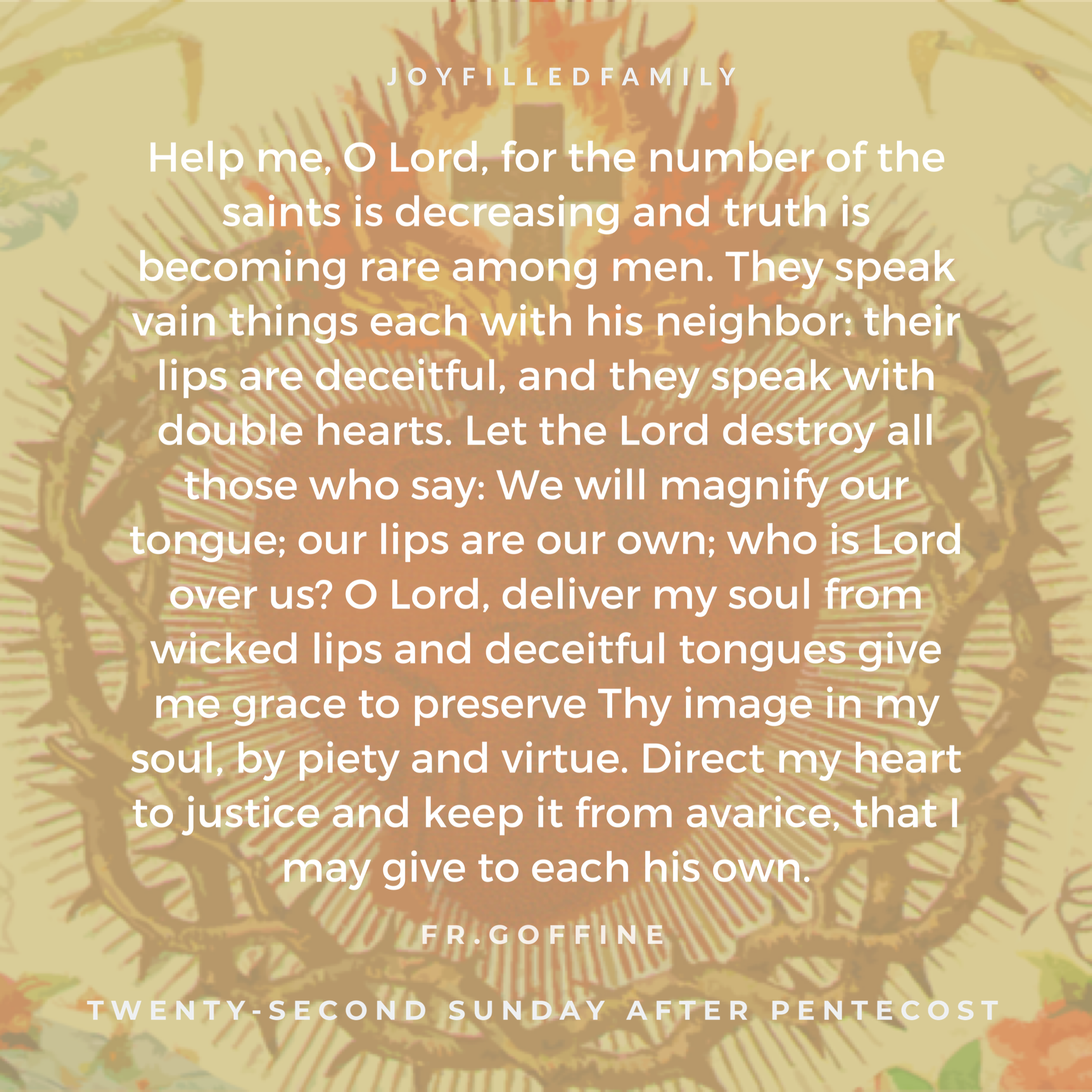
PRAYER Help me, O Lord, for the number of the saints is decreasing and truth is becoming rare among men. They speak vain things each with his neighbor: their lips are deceitful, and they speak with double hearts. Let the Lord destroy all those who say: We will magnify our tongue; our lips are our own; who is Lord over us? O Lord, deliver my soul from wicked lips and deceitful tongues give me grace to preserve Thy image in my soul, by piety and virtue. Direct my heart to justice and keep it from avarice, that I may give to each his own.
INSTRUCTION ON THE FOLLY OF HUMAN RESPECT
Thou art a true speaker neither carest thou or any man, for thou dost not regard the person of men. (Matt. XXII. 16.)
In this Christians ought especially to follow the Saviour, and not permit themselves to be deterred from piety, and the practice of virtue by fear or human respect. What matters it, what people think and say of us, if we only please God? He alone can truly benefit or injure us; therefore he alone is to be feared, as Christ says: Fear ye not them that kill the body, and are not able to kill the soul: but rather fear him that can destroy both soul and body in hell. (Matt. X. 28.)
How foolishly, therefore, do those act who through fear of displeasing certain people, are afraid to serve God and practice piety; who even go so far as to commit sin; who in order to be pleasing to others, oppress innocent, poor and forsaken people; who adopt the latest and most scandalous fashions and customs; those who eat meat on days of abstinence, or give it to others; those who sing sinful songs, or what is still worse, do not hesitate to ridicule sacred things to give others occasion to laugh, or in order to be considered strong-minded. Implore God daily and sincerely, that He may take from you this vain fear of men and give you instead the fear of the Lord, which is the beginning of wisdom.
INSTRUCTION ON THE VALUE AND DIGNITY OF THE SOUL
Whose image is this? (Matt. XXII. 20.)
Thus we should often ask ourselves with respect to our soul, particularly when we are tempted to stain and ruin it by sin, Whose image is this? We should then say to ourselves, “Is it not the likeness of God, a likeness painted with the blood of Jesus, an image for which the Saviour gave His life? Should I defile and deform this by sin and voluptuousness? God forbid!” For in truth, what among all created things, except the angels, is more beautiful and more precious than a human soul, which is in the state of grace? “Could we,” says St. Catherine of Sienna, “behold with our corporal eyes a soul in the state of grace, we would see with astonishment that it surpasses in splendor all flowers all stars, the whole world, and there is probably no one who would not wish to die for such beauty.” It is a dwelling of the Blessed Trinity! Christ did not give His life for all the goods and treasures of this earth, but for the human soul. And yet many estimate their soul at such little value that they sell it for a momentary pleasure, for a present not worth a penny! For shame! The body we estimate so highly that we take all pains to decorate it and keep it alive, and the soul the image and likeness of God, we take no pains to keep in the state of grace, and adorn with virtues! What folly!
INSTRUCTION ON THE OBLIGATION TO PAY TAXES OR TRIBUTE TO THE GOVERNMENT
Render to Caesar the things that are Caesar’s, and to God the things that are God’s. (Matt. XXII. 21.)
To pay tribute to the lawful government is a duty of justice which the Spirit of God Himself commands us faithfully to fulfil. (Rom. XIII. 6, 7.) Christ Himself paid the customary didrachma for Himself and St. Peter; (Matt. XVII. 23.) “and if the Son of God Himself paid duty and tax,” says St. Ambrose, “who art thou, O man, that thou wouldst free thyself from it?” The government must watch lest the life of its subjects be at hazard, that their property be not endangered or stolen, that there be security on the highways, that peace, harmony and order be preserved among the citizens, that their temporal welfare be promoted; that science and art flourish, etc. For this, teachers, judges, officers and soldiers are necessary, for whose support care must be taken, and whose trouble must be rewarded. Besides this the government must care for the security of the country, for public streets and bridges, and institutions necessary for the common good; to enable the government to perform these duties, taxes are necessary and lawfully assessed. If you oppose these laws, you oppose God, for by Him princes rule, and the mighty degree justice. (Prov. VIII. 16.) Let the payment of duties be done willingly, because you pay them for love of God, and resigned to His holy will as the early Christians did, who even served their heathenish government with pleasure, in all that was not contrary to God’s will, and cheerfully paid the duties.
